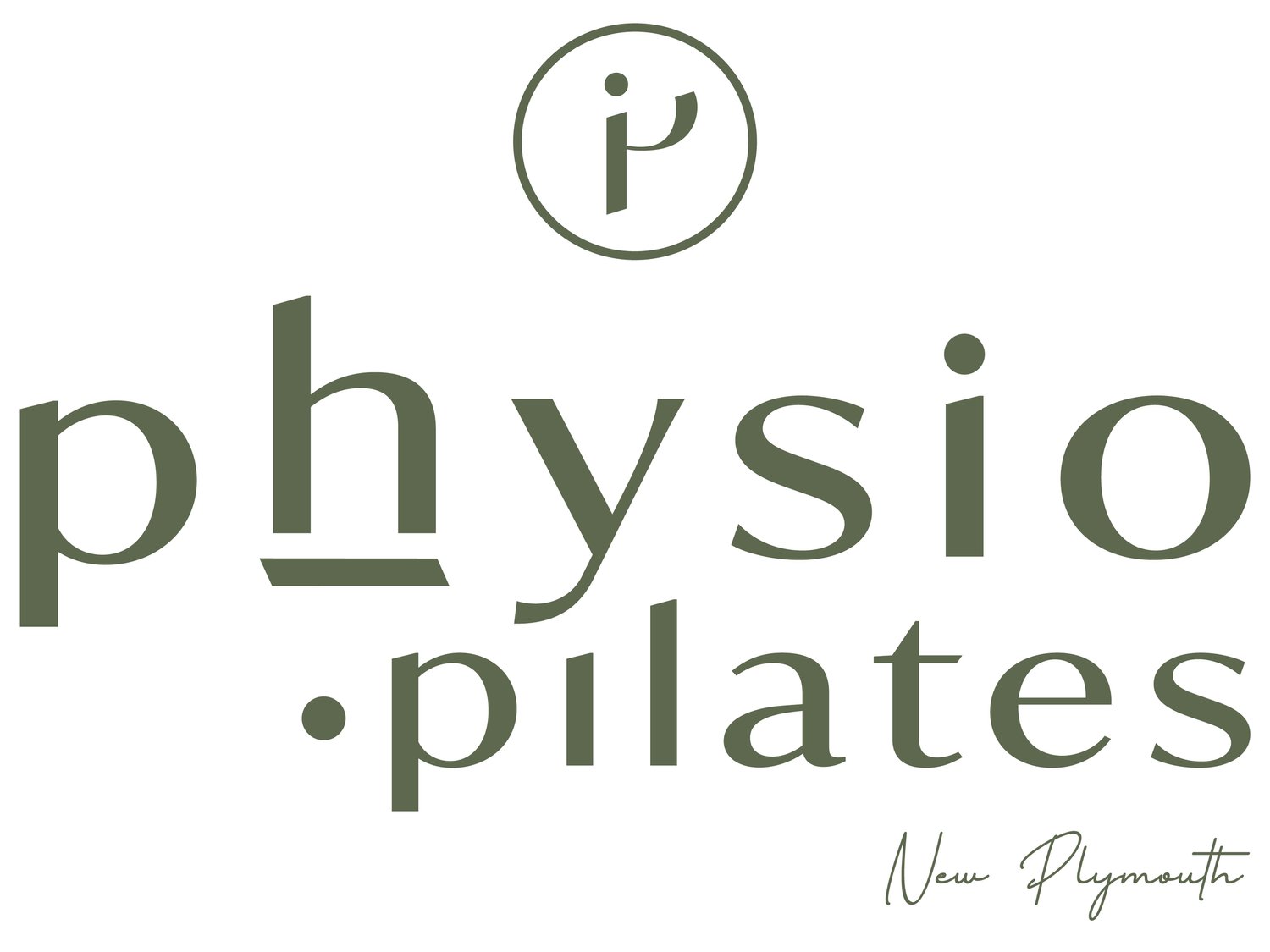Return to Sport Safely this April
As winter fast approaches during these challenging times with COVID, sport is about to kick off and consume our winter months ahead. Some you will have been doing summer sports so you won’t notice too much of a difference in your weekly scheduling. However, there will be a large proportion of you who will be dusting off the sporting shoes and trying to locate your mouth guard ready for this season without putting much thought into how ready your body is to tackle another season.
Most sports require mouthguards and if no mouth guard, no play. So instead, you buy multiple mouth guards and keep them in your bag for when the dreaded moment of running out before a game, patting yourself down trying to locate the mouth guard. Not in the socks, shorts, mouth or behind the ear. So you frantically locate a new one from the depths of what, in the heat of the moment, feels like Mary Poppins bag. Only to be faced with another challenge of tracking down a glass of hot water for quick molding, all within minutes to regain your position on the field before the whistle signals “game on”.
Fitness may have been something which was supposed to be a priority throughout the summer months but low and behold preseason has ascended on us and now you got to put your body back on the line but cant quite shake the feeling, “am I really ready to do this?” Frustration sets in as you promised yourself you wouldn’t be in the same position as this time last year. Yet, here you are again.
Nonetheless, its April and winter sports have commenced their preseason training. COVID may have delayed the rugby and netball season and reduced it to 1 round this season. COVID has also dashed some peoples preseason already as they struggle to recover from a recent infection from it, thwarting what little fitness you’d started to regain and bed-riding you instead.
It is still important to consider some of the following as we fast approach playing and training throughout the grueling dark, wet and cold nights. And weekends for that matter. The joys of Taranaki winter weather. Research has highlighted the number of injuries sustained in sport usually occur during pre-season training. We see it every year in clinic and as a general rule of thumb ‘most injuries occur from doing too much, too fast after doing too little for too long.’ Hence one of the new rules introduced within the world of rugby, where contact training is limited to 15 minutes per session.
Injuries or impact to the head can result in concussions which causes a brain injury to occur. The symptoms and impact on a person’s life will differ from person to person. Most people do not think they have sustained a concussion because they did not get knocked out/lose consciousness. This is not true. There are many symptoms which would suggest a concussion but most importantly if there are no medical personnel at the game simply following the rules of: recognize and remove, especially if the player is under 19 years old. Consequently, everyone’s RTP will be different and should be guided by the ability to exercise/participate in training without any exacerbation of symptoms for instance.. Keep an eye out on our social media pages for more tips and tricks throughout April.
The general rule of thumb for concussions: under 19 year olds require a 23-day stand down period with a gradual return to exercise, training and contact (if required) as long as no symptoms; and over 19 year olds require 21-day stand down. In certain sports, like rugby, if a referee sends a player off with a blue card the player requires medical clearance from a GP to return to play (RTP). Stay tuned throughout the month to learn more about this hot topic.
Overall, pre-habilitation is key for any sport. Understanding what your sport involves to maximize your body’s potential to fulfil your role as a player is pertinent, especially in a team environment. Yet when an injury occurs, rehabilitation is vital for a safe and effective RTP, minimizing any potential setbacks.
So any pre-existing injuries make sure you reach out and seek the aid of a Physio to help get you back into your sport safely. There is "no one rule fits all" and all prehab/rehab programmes should be individualized with the focus of return to sport (RTS) , in particular, your sporting position.
Don’t try to be a hero by letting your injury affect your performance, mentally and physically. You need to be on your “A” game to be a part of the team, on and off the field. There is no “I” in team, so take one for the team and go see a physio. Making an appointment is simple and convenient now: go online to book or call us. As Physiotherapists we are here to keep you playing, not stop you playing.
